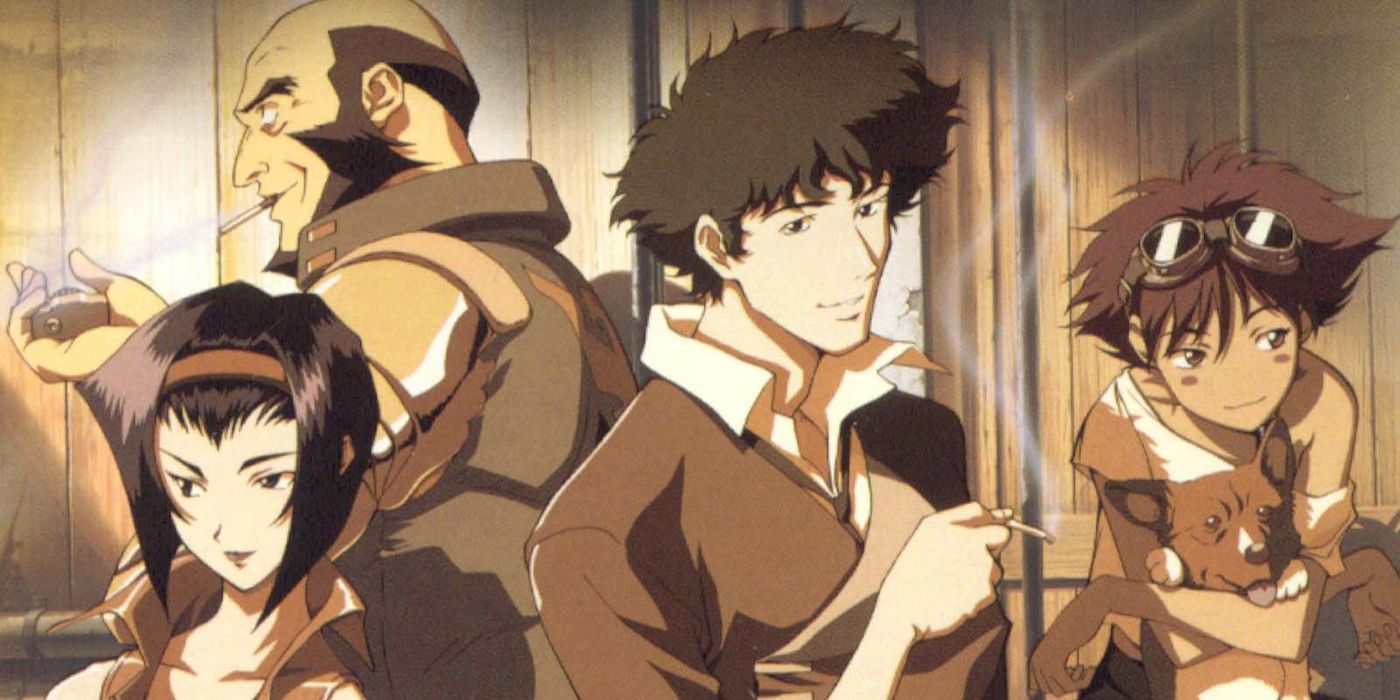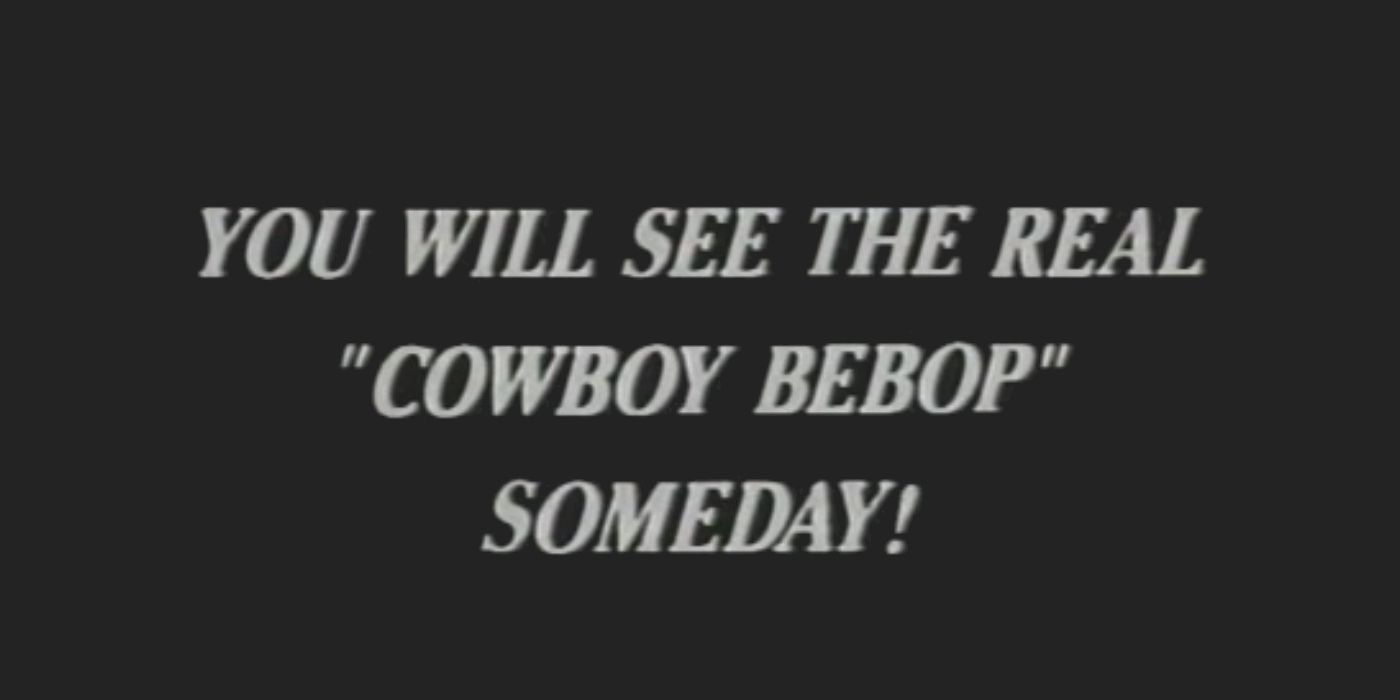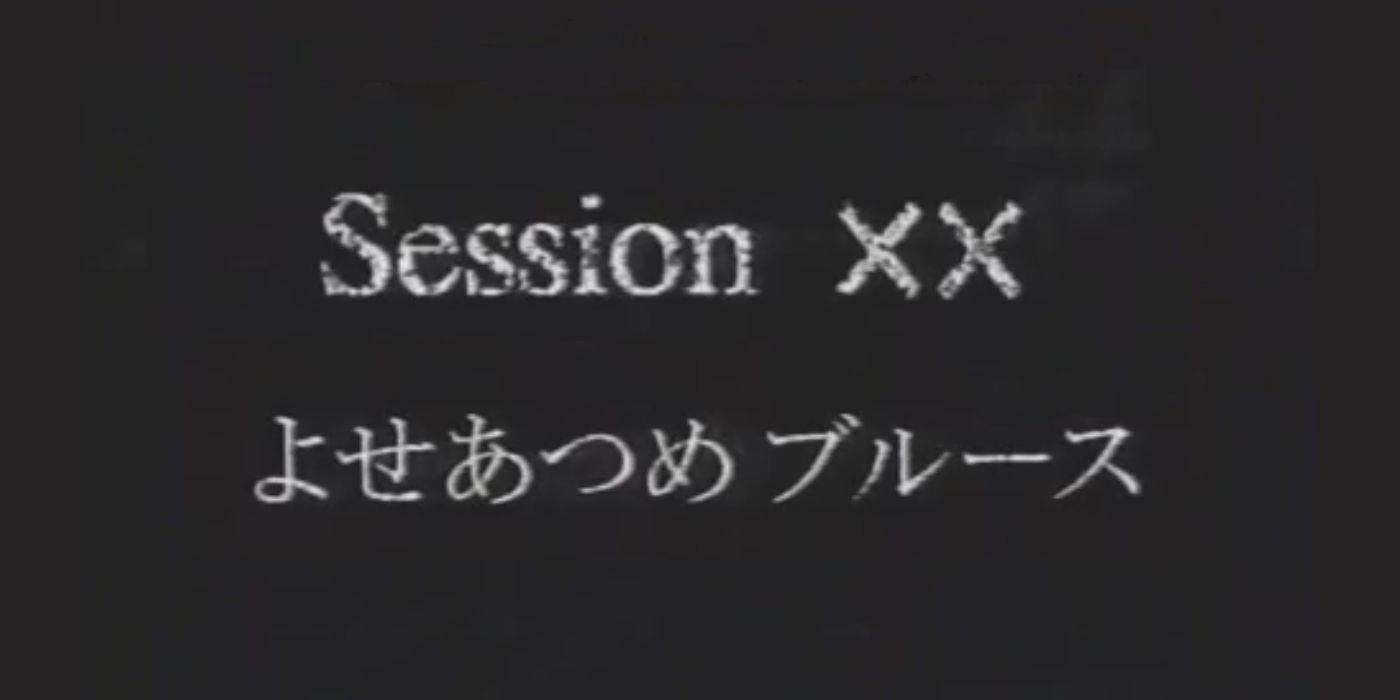Quick Links
Like many great sci-fi series, Cowboy Bebop was very nearly cancelled before it finished airing, but the anime classic managed to survive due to the sheer level of quality it possessed. Before its continuation was assured, however, series creator Shinichiro Watanabe had to throw together one last episode to see the series off, and most fans in the West have never even heard of it.
While considered one of the greatest anime of all time by many, Cowboy Bebop's origin goes back to Bandai's toy division, who hoped to use the series to sell spaceship toys to children. The resulting show about criminals and bounty hunters was far too mature for the toy-buying audience, and since it wasn't meeting its intended goal by the end of its first block of 13 episodes, Bandai considered pulling their funding. Ultimately, a different division within the company, Bandai Visual, picked up Cowboy Bebop and funded the rest of the series, which meant toy sales were no longer an issue and the series could be as mature as Shinichiro Watanabe wanted.
What is Cowboy Bebop's "Lost Episode"?
There was a long period of time when Cowboy Bebop's fate was uncertain, and the show had already begun airing at the time of Bandai toys dropping their support. Without a new sponsor, Cowboy Bebop's fate appeared to be sealed, and so Watanabe and the rest of the production crew began to put together an impromptu final episode, known as "Session XX" (as in unknown number, not 20) or episode 13.5: Mish-Mash Blues. This episode used footage from previous episodes as well as episodes that had been partially animated to create a sort of clip show. But instead of revisiting these moments, the scenes merely played in the background while a featured character delivered a speech about themselves, explaining their motivations, life philosophy, and reasons for being the way that they are. The episode cycles through each character in the main cast in this way, until finally ending with the words, "this is not the end. You will see the real COWBOY BEBOP some day!"
Fortunately for fans, Watanabe's optimistic promise proved to be true, and Cowboy Bebop came back to finish its remaining 13 episodes, even adding a movie later. The series was already receiving incredible praise from the moment of its debut, so the critical acclaim may well have been what saved the show from unceremonious cancelation. As a result, the existence of Mish-Mash Blues is a fascinating case, offering a look at the internal thoughts of Cowboy Bebop's characters, who often hide their true feelings. And because of this, fans of the series who haven't seen it will surely learn something new about these beloved characters. Mish-Mash Blues only aired once in Japan, and was not included on any DVD releases, so it's among the most obscure anime-related media out there. Since the series was completed in full before any dubbing began, there wasn't a reason to record voice-over for this, so the episode was never translated either, at least until a fan group got a hold of a recording from Japanese TV and subtitled it themselves.
What Makes Mish-Mash Blues Special?
Another point in Mish-Mash Blues' favor is that the episode does include some soundtrack music by Yoko Kanno and the Seatbelts which wasn't used at any other point in the series, meaning that the low-quality versions of the episode floating around the internet are the only way to hear that music. Music plays an important role throughout the series, touching on diverse genres and featuring lyrics written in several languages. The episode's loose trading of ideas back and forth between characters has a musical feel, akin to Jazz musicians trading off improv solo sections of a song. Since Cowboy Bebop's soundtrack is often regarded as a classic and influential work in and of itself, a lost and forgotten song from that soundtrack is almost as exciting as an entire lost episode is.
Cowboy Bebop's Lost Episode Could Have Ended the Series
It's difficult to imagine how the series might have been received had Cowboy Bebop's ending been this clip show; it's likely that at 13 episodes without a proper ending, it wouldn't have received a translation or have aired in the US, which immediately would've crushed any chance it had at becoming popular abroad.
Cowboy Bebop was always meant to push boundaries, and Watanabe's development documents, of which excerpts can occasionally be seen during the opening credits and eyecatches, referred to it as "the work that would become a genre unto itself." Cowboy Bebop was produced with the intent of being something new, and that's always going to be a risk. The combination of Jazz, neo-noir, Western, and space opera with Asian cultural influences led to the creation of a series that felt unlike anything else and bridged the gap between Japanese and international fans in a way that few works have managed to do. The mixing of European and American musical styles with Japanese and Asian culture became a trademark of Watanabe's works, showing up again in Samurai Champloo and Space Dandy. Mish-Mash Blues doesn't just offer insight into the characters; it's an insight into the creators' goals and plans for a soon-to-be classic, and one that those outside the creative process rarely get to see.
Without context, Mish-Mash Blues might not seem like anything special, but the circumstances of its creation and the legacy that Cowboy Bebop would go on to establish ensure that this is more than a mere clip show. Not only does it give fans a look into the minds of some of Cowboy Bebop's most iconic characters, but it also provides a rare chance to see what could've happened to one of the most influential anime of all time had it been axed far too early.



